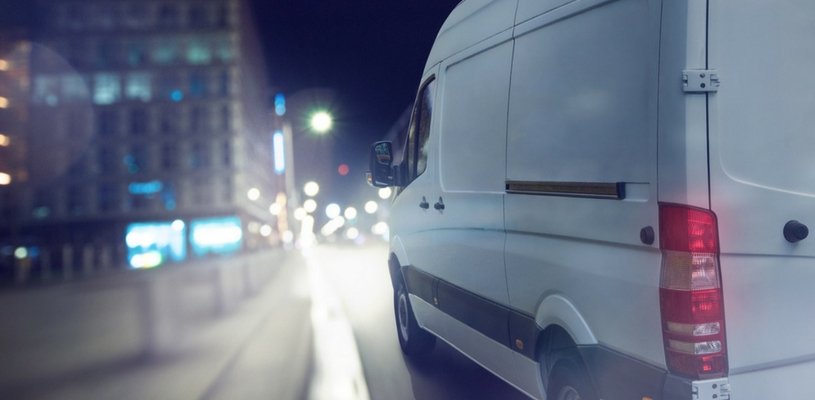
When it comes to driving on the roads, there’s a number of documents you need to have on your person at all times. Not only do you need your vehicle’s registration and proof of motoring insurance, but you also (of course) need your driver's license.
While most people get by in life with simply a standard car driving licence (category B), this common form of license often doesn’t cover those who are driving other vehicles, such as van drivers. Used as business vehicles, transportation for large groups, and as a means to carry goods, new vans are a popular choice of motor on the roads. But just what do you need to be able to drive a van?
Have a read of our practical guide to van licenses, and discover exactly what type of license you’ll need to get by on the roads.
Types of Van Driving Licenses
Standard Driving Licence - B
Though it’s certainly true that most vans will not fall within this driving licence category, if you happen to have a compact and lightweight van, then you may potentially be able to get away with using a standard car licence. As long as your motor does not exceed 3500kg, then regardless of its being classed as a van or not, you will be able to get by on a category B license. However, it's worth bearing in mind that if you passed your driving test after 1 January 1997, then you will most likely need to take extra tests if you wish to tow a trailer alongside your van.
Medium Sized Vehicles - C1
By definition, medium sized vehicles encompass a range of motors. Based on a vehicle’s weight, the law states that anyone who is looking to drive any vehicle that weighs between 3,500 and 7,500kg, must have a C1 category licence; making this the essential choice for those who drive smaller sized vans. For those who wish to tow a trailer, the total maximum weight must include that of the trailer, which in itself can’t exceed 750kg. Those who will need to tow a heavier trailer must extend this license by getting a category C1E licence, which allows for trailers over 750kg to be towed alongside C1 covered motors. However the total weight of both the vehicle and the trailer can not exceed 12,000kg under a C1E licence.
Large Vehicles - C
If you will be driving a large van, it may well be worth investing in a category C licence, which enables you to drive any van or car that weighs over 3500kg. Similarly with the category C1 motors, a CE category license enables you to drive any C category vehicle, along with a trailer that weighs over 750kg.
Minibus - D1
If you’re looking to drive a minibus van, then you need a particular licence, specifically a category D1 one. However there are still a number of limitations as to what constitutes as a category D1 minibus. As well as being unable to tow a trailer that exceeds 750kg, D1 licence holders may also not drive a minibus with over 16 passenger seats, and the motor itself cannot exceed a length of 8 metres. If you’re motor exceeds any of these limitations, then you will need to consider other license options, or think about obtaining a D category licence, which by definition constitutes as a bus driver’s license.
Other Van Laws and Regulations You Need to Know
As well as requiring a specific license, van drivers also need to be aware of a few other rules of the road that affect the way they drive.
Perhaps most importantly of all, those who drive vans need to abide by a different set of speeding laws, where both standard vans and vans with trailers have to reduce their speeds on single carriage ways to 50mph and to 60mph on dual carriageways. Vans who are towing trailers are also required to abide by a maximum speed of 60mph on motorways.
Vans also have to be careful not to exceed their design gross loading weight (the maximum weight when the vehicle is loaded). The gross weight includes that of the van itself, any passengers, the fuel, and the load within the car. In order to ensure you don’t exceed your van’s weight, make sure that you check your motor’s weight limit, which you should be able to find on the vehicle’s identification number plate within the van.
By following and being aware of these changes in van driving regulations, not only could you potentially be saving yourself from being penalised with a hefty fine, but you’ll also be ensuring that you are remaining safe and vigilant on the road.
If you’re looking to get your license and start driving a van, contact one of our expert team today and we’ll help you find and finance the perfect van to fit in with your needs and lifestyle.


